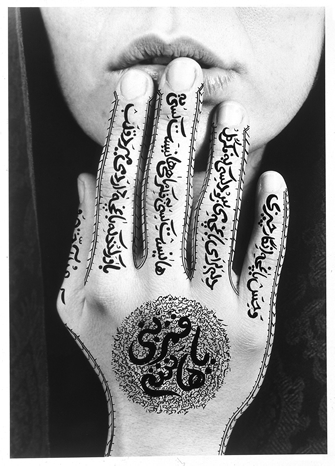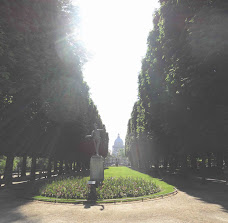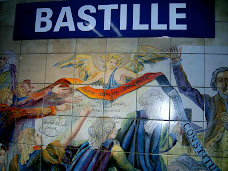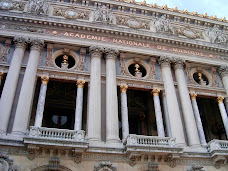Paris, France
Love it. Friday, or Saturday, I don't know when exactly, I lost my debit card. I agonized about it for ages Sunday morning when I found out I didn't have the card. I cancelled it, had a shower, worried about how many things could have been bought on the internet by then on my card, got dressed, went out to retrace my steps and hope to find it. Getting downstairs, I checked my mailbox. The card was in it.
Hate it. Having cancelled the card Sunday morning, I had to go to the bank today to put in a request for a new one. I get there, the branch is closed. It closes on Mondays.
Love it. France, to everyone's surprise, voted YES for Palestine to join UNESCO today. Now, this alone makes me love living in this country, especially when everyone and his brother thought France would either abstain or vote NO. "Be realistic, demand the impossible." Yes. Sometimes, someone just has to take a chance and do what seems impossible.
Hate it. On the way to the bank, I was walking down one of the poshest avenues in this city, Avenue de Breteuil, when I felt something falling on my right arm. It was a puddle of spit. Someone spat out of the window of a building anyone would label as "chic".
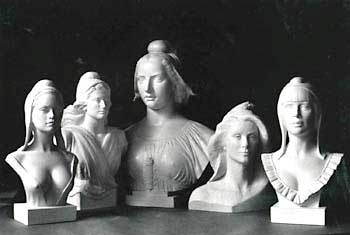 |
| The many faces of La Douce France, Marianne |

